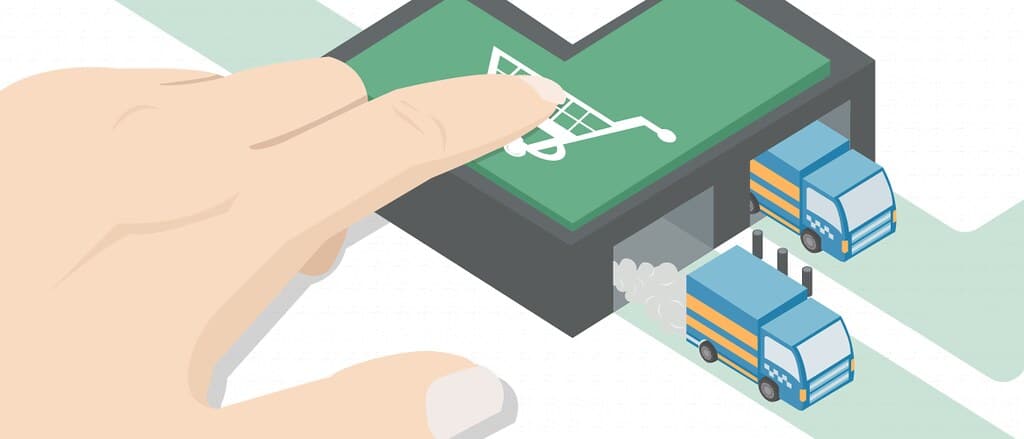Minimum Advertised Pricing (“MAP”) is one of several types of pricing controls that can be used by manufacturers of goods and products. If you are customer-facing, essentially MAP policies regulate what minimum price you may advertise and sell the product. MAP is distinct from other types of pricing policies like MSRP — manufacturer’s suggested retail pricing. MAP is a command (typically enforced by contract) while MSRP is a suggestion.
MAP is common. An example from the restaurant industry is Subway’s famous five-dollar footlong marketing campaign from a few years ago. Two breakfast sandwiches for $2 is another example.
If you are an online retailer, MAP policies tend to be good for business. It means that your competitors will be required by the manufacturer to advertise the same minimum pricing for the same product. This, in turn, means your potential customers will not be lured away by lower base pricing. MAP policies also indicate a manufacturer that is serious about brand and marketing controls. This means that the manufacturer is more likely to aggressively police its MAP policies against authorized e-sellers who are violating the MAP policies, against non-authorized e-sellers advertising below-MAP prices and against e-sellers of counterfeit products. Finally, retailers tend to obtain good wholesale prices and other incentives from manufacturers for following MAP policies. This helps with profit margins and helps e-retailers succeed.
In general, MAP policies are aimed at protecting brand reputation. Consumer behavior studies have shown that excessively inexpensive products tend to be seen as “cheap” and low-quality. This is even more true for expensive, high-tech, and luxury items. MAP policies help ensure that aggressive discounting and price-cutting will not diminish the brand’s reputation for quality. Moreover, by keeping prices at the highest end, MAP policies create a level of consumer loyalty and satisfaction. If a consumer spends a lot on a product, that creates a “sense of ownership” in the continued value of the brand. Creating this sort of consumer loyalty and maintaining brand reputation are two other ways in which MAP policies tend to be good for business.
Despite the foregoing, many retailers — and e-retailers in particular — use various retailing tools and techniques to give consumers a lower price than the MAP. Examples include at-checkout discounts, coupons, promo codes, multiple-unit purchase discounts, seasonal sales and more. Manufacturers are fully aware of these techniques and typically address these techniques in their MAP policy agreements. As such, in general, e-commerce retailers will encounter several types of MAP policies including:
- Strict — no discounting of any sort
- Blind-eye MAP — discounting is officially discouraged, but tolerated if not overtly advertised
- MAP with pre-approved exceptions — like for volume discounts
- MAP will exceptions to be approved — like for seasonal sales
- And more
Violating MAP policies can be very risky for e-retailers. Unhappy manufacturers can refuse to sell products to the e-retailer and, in some circumstances, can bring legal action. For more information or if you have other legal issues related to internet law, contact the trusted internet and e-commerce lawyers at Revision Legal at 231-714-0100.




